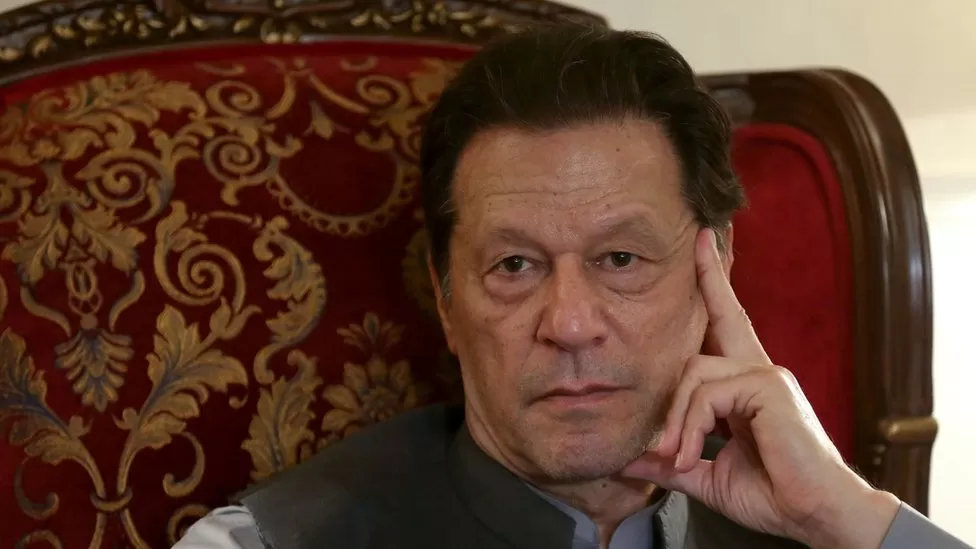Pakistan court suspends former PM’s corruption sentence

Until his appeal over the conviction is heard, he was granted bail by the Islamabad High Court.
In a separate case, another court has also ordered the 70-year-old to remain in custody until Wednesday.
Since Khan was removed from power last year, more than 100 charges have been brought against him.
State secrets are leaked and violent protests are organized. As a result of these charges, several arrest warrants have been issued.
According to Khan, all the charges against him are politically motivated.
No date has been set for the Supreme Court to hear the former prime minister’s petition to prevent him from being detained in any other case.
Before setting a date, the Supreme Court was waiting to hear Tuesday’s decision in the High Court.
Gauhar Khan, one of his lawyers, said, “We are very hopeful he will be released.”
As of now, we have not been informed of any other cases in which he is being held.”
A former international cricketer-turned-politician was sentenced to three years in prison on 5 August for not declaring money earned from selling gifts he received while in office.
Rolex watches, a ring, and cuff links were among the gifts reported to be worth more than 140 million Pakistani rupees ($635,000; £500,000).
In the wake of that conviction, he was barred from contesting elections for five years.
A diplomatic cable is alleged to have been leaked in the “cipher case” that Khan is now being held in jail for.
Khan’s lawyers argue in the appeal that he was convicted without being able to defend himself.
A day earlier, another high court dismissed charges against him for being improperly filed with sedition charges.
A political motive for Mr Khan’s arrest or disqualification from running for public office has been denied by authorities.
Imran Khan’s supporters have repeatedly accused the judges who granted him relief of political motivation.
As of right now, Mr Khan is being held at Attock jail, a small facility in Punjab province with historical military links, about 85 kilometers (52 miles) from Islamabad.
There have been previous arrests of members of Mr Khan’s Pakistan Tehreek-e-Insaf (PTI) party, according to local media.
In the months leading up to his sentencing, his supporters sometimes engaged in pitched battles with police to keep him from being arrested.
Mr Khan was arrested on 9 May for failing to appear in court as requested. The arrest was ruled illegal three days later, and he was released.
However, the arrest sparked protests across Pakistan, some violent and targeting military installations that demonstrators blamed for his downfall. His supporters were alleged to have participated in the protests and were arrested.
Khan and the PTI have faced a crackdown since then, with many of its senior leadership arrested before leaving the party. Several vocal supporters of Mr Khan now feel nervous about expressing their opinions or even have quietly deleted their previous remarks.
Although human rights groups have expressed outrage, some of those arrested in the protests supporting Mr Khan will be tried in military courts for alleged violence.
According to Khan, the Pakistani army is “terrified” of elections which his party will win “hands down”, so they are “dismantling democracy”.
Pakistan’s army plays a prominent role in politics, sometimes seizing power through military coups and other times pulling levers behind the scenes.
Analysts believe Mr Khan’s election victory in 2018 was influenced by the military.
During his opposition, he has been one of its most vocal critics, and analysts say that the army is losing popularity.
In the run-up to general elections due this year, but likely to be delayed, Pakistan’s parliament was dissolved on 9 August.
